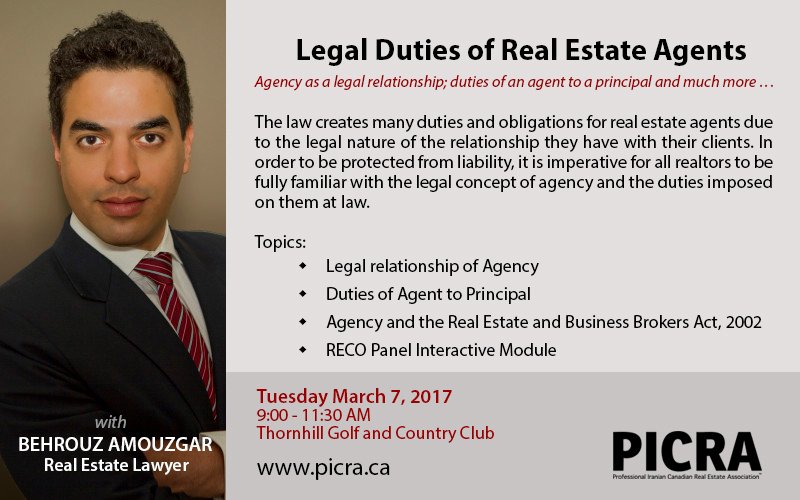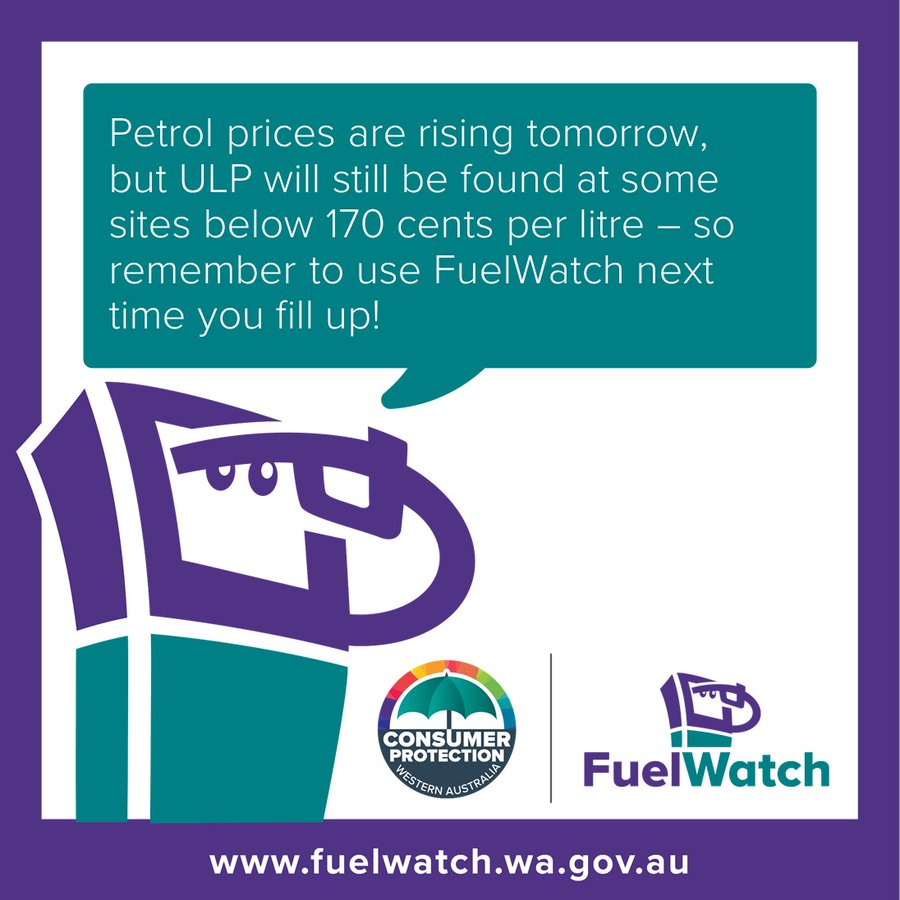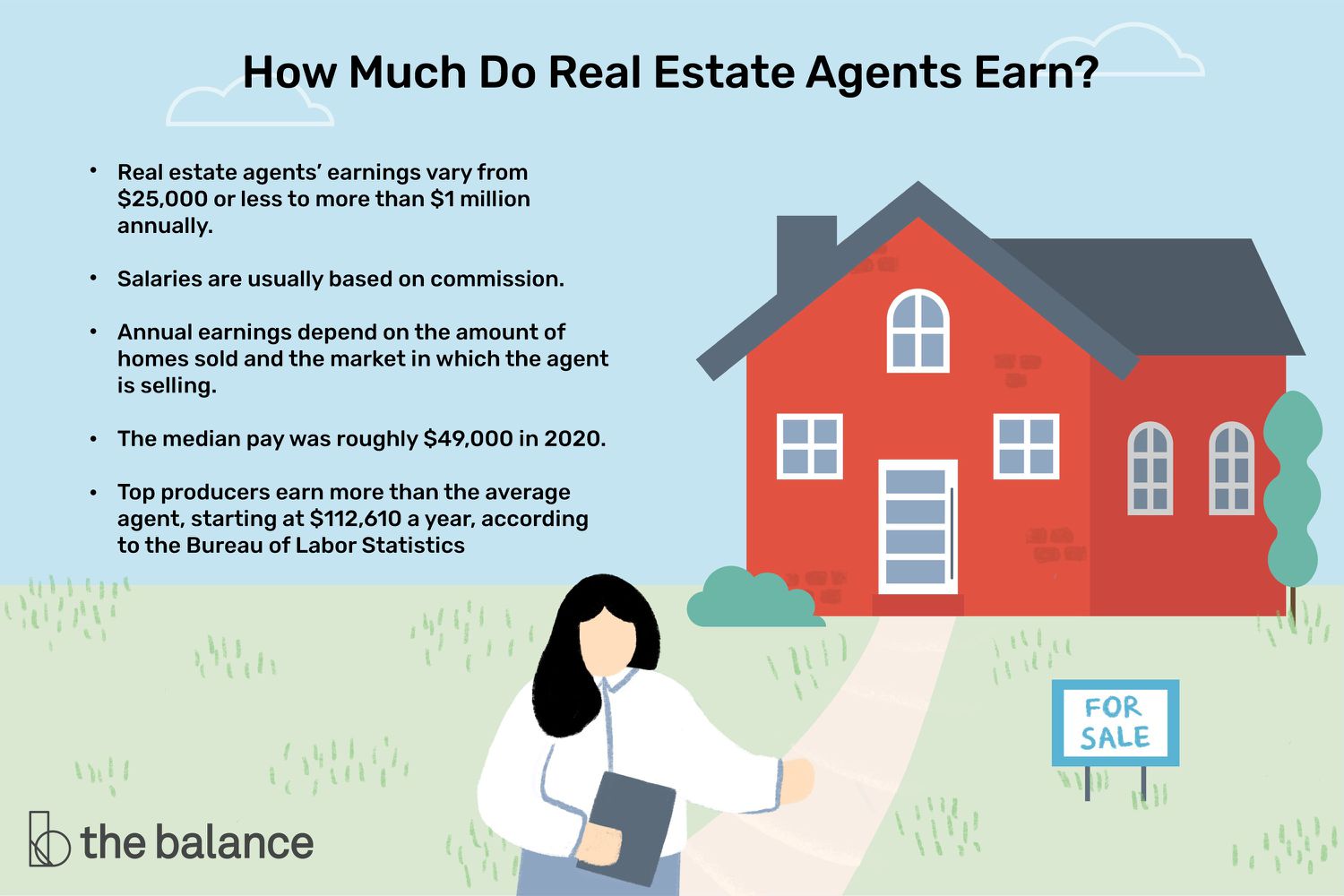
It's important to choose a real-estate agency that you can work with. You'll want to pick a real estate agency that will help you grow your career and train you. Some of the best realty agencies are listed below. They have an excellent training program and invest in their agents.
Best Real Estate Broker to Work For
The best real estate broker to work for is someone who has a proven track record of success. These brokers are driven, passionate and possess a natural ability for business. They can also attract a great deal of business, and create a strong team.
Weichert
Weichert has a reputation for high-quality real estate service in New York City. The company offers a customized training program, as well as plenty of growth potential for agents willing to put the effort in to be successful.

Their agents focus on developing a mindset that is client-centric, which allows them to better connect and understand the needs of their prospective clients. They offer training to help them learn how to reach out to potential clients. They also provide ongoing coaching and mentoring.
Whether you're a first-time agent or a seasoned pro, you need the best real estate agency to work for to succeed in your career. Choose a company which offers extensive training and gives you the tools to succeed so that you can concentrate on your clients and provide excellent customer service.
Century21
Century21 has been a global leader in real estate since 1971. The company is comprised of over 11,600 franchised brokers. Century21 University helps agents grow their careers through its training platform. A team of real estate experts can also help you to develop a successful business.
Compass
Compass is among the newcomers to the market for real estate. With its innovative marketing technologies and strong agent management, Compass has been able to disrupt the industry. They have a track record of success in attracting and retaining some of the most talented real estate agents around.

They also have a unique commission split structure that rewards agents for achieving specific milestones, like hitting a yearly cap, closing their first home, or referring a certain number of buyers and sellers. This makes them an attractive choice for experienced realtors and those just starting out in their careers, as it can help them build a successful business and increase their earnings quickly.
Coldwell Banker
Coldwell Banker agents are located in over 10,000 major markets around the country. It has an award winning marketing department, as well as a large network of affiliates. It is a well-known brand in the US and Canada with more than $4 billion of transactions per year.
FAQ
How do I calculate my interest rate?
Interest rates change daily based on market conditions. The average interest rates for the last week were 4.39%. Multiply the length of the loan by the interest rate to calculate the interest rate. If you finance $200,000 for 20 years at 5% annually, your interest rate would be 0.05 x 20 1.1%. This equals ten basis point.
What is reverse mortgage?
A reverse mortgage allows you to borrow money from your house without having to sell any of the equity. This reverse mortgage allows you to take out funds from your home's equity and still live there. There are two types available: FHA (government-insured) and conventional. A conventional reverse mortgage requires that you repay the entire amount borrowed, plus an origination fee. FHA insurance covers repayments.
What are the top three factors in buying a home?
The three most important things when buying any kind of home are size, price, or location. Location refers the area you desire to live. Price refers how much you're willing or able to pay to purchase the property. Size is the amount of space you require.
What amount should I save to buy a house?
It depends on the length of your stay. Save now if the goal is to stay for at most five years. But if you are planning to move after just two years, then you don't have to worry too much about it.
Statistics
- Based on your credit scores and other financial details, your lender offers you a 3.5% interest rate on loan. (investopedia.com)
- Over the past year, mortgage rates have hovered between 3.9 and 4.5 percent—a less significant increase. (fortunebuilders.com)
- 10 years ago, homeownership was nearly 70%. (fortunebuilders.com)
- This seems to be a more popular trend as the U.S. Census Bureau reports the homeownership rate was around 65% last year. (fortunebuilders.com)
- Private mortgage insurance may be required for conventional loans when the borrower puts less than 20% down.4 FHA loans are mortgage loans issued by private lenders and backed by the federal government. (investopedia.com)
External Links
How To
How to manage a rental property
Although renting your home is a great way of making extra money, there are many things you should consider before you make a decision. This article will help you decide whether you want to rent your house and provide tips for managing a rental property.
This is the place to start if you are thinking about renting out your home.
-
What do I need to consider first? Consider your finances before you decide whether to rent out your house. If you are in debt, such as mortgage or credit card payments, it may be difficult to pay another person to live in your home while on vacation. Check your budget. If your monthly expenses are not covered by your rent, utilities and insurance, it is a sign that you need to reevaluate your finances. It might not be worth the effort.
-
How much will it cost to rent my house? The cost of renting your home depends on many factors. These factors include location, size, condition, features, season, and so forth. You should remember that prices are subject to change depending on where they live. Therefore, you won't get the same rate for every place. Rightmove has found that the average rent price for a London one-bedroom apartment is PS1,400 per mo. This means that you could earn about PS2,800 annually if you rent your entire home. This is a good amount, but you might make significantly less if you let only a portion of your home.
-
Is it worth the risk? You should always take risks when doing something new. But, if it increases your income, why not try it? It is important to understand your rights and responsibilities before signing anything. Renting your home won't just mean spending more time away from your family; you'll also need to keep up with maintenance costs, pay for repairs and keep the place clean. These are important issues to consider before you sign up.
-
Are there any benefits? You now know the costs of renting out your house and feel confident in its value. Now, think about the benefits. There are many reasons to rent your home. You can use it to pay off debt, buy a holiday, save for a rainy-day, or simply to have a break. You will likely find it more enjoyable than working every day. And if you plan ahead, you could even turn to rent into a full-time job.
-
How do I find tenants Once you decide that you want to rent out your property, it is important to properly market it. Listing your property online through websites like Rightmove or Zoopla is a good place to start. Once potential tenants reach out to you, schedule an interview. This will help you evaluate their suitability as well as ensure that they are financially secure enough to live in your home.
-
How can I make sure I'm covered? You should make sure your home is fully insured against theft, fire, and damage. You will need to insure the home through your landlord, or directly with an insurer. Your landlord may require that you add them to your additional insured. This will cover any damage to your home while you are not there. This does not apply if you are living overseas or if your landlord hasn't been registered with UK insurers. In this case, you'll need to register with an international insurer.
-
You might feel like you can't afford to spend all day looking for tenants, especially if you work outside the home. It's important to advertise your property with the best possible attitude. You should create a professional-looking website and post ads online, including in local newspapers and magazines. You'll also need to prepare a thorough application form and provide references. While some people prefer to handle everything themselves, others hire agents who can take care of most of the legwork. In either case, be prepared to answer any questions that may arise during interviews.
-
What should I do after I have found my tenant? If you have a contract in place, you must inform your tenant of any changes. You may also negotiate terms such as length of stay and deposit. While you might get paid when the tenancy is over, utilities are still a cost that must be paid.
-
How do I collect the rent? When it comes to collecting the rent, you will need to confirm that the tenant has made their payments. If not, you'll need to remind them of their obligations. You can deduct any outstanding payments from future rents before sending them a final bill. You can always call the police to help you locate your tenant if you have difficulty getting in touch with them. They will not usually evict someone unless they have a breached the contract. But, they can issue a warrant if necessary.
-
What are the best ways to avoid problems? While renting out your home can be lucrative, it's important to keep yourself safe. Ensure you install smoke alarms and carbon monoxide detectors and consider installing security cameras. Also, make sure you check with your neighbors to see if they allow you to leave your home unlocked at night. You also need adequate insurance. Do not let strangers in your home, even though they may be moving in next to you.